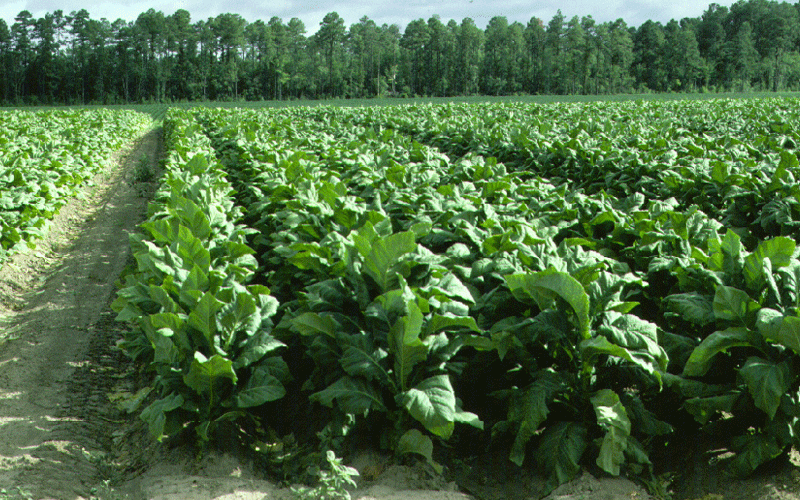Climate talks a chance to call out tobacco industry

Next week, Egypt will host the 27th UN Climate Change Conference (COP 27), with a view to building on previous successes and paving the way for future commitments to effectively tackle the global challenge of climate change.
One of the key agenda for the meeting is de-carbonisation, which is aimed at providing countries with a platform to come up with pragmatic solutions on how to deal with carbon emissions.
The tobacco industry, which has been on the spot for environmental degradation, is unique in the magnitude of harm as it causes over 80 million tonnes of carbon dioxide emissions annually. It also creates one of the world’s most littered item — the cigarette filter. Scientific studies have revealed that the tobacco industry contributes to carbon emissions in two substantial ways: First, the creation of tobacco products, such as cigarettes, produces high volumes of carbon dioxide. A single cigarette can be responsible for up to 14 grammes of carbon dioxide equivalent throughout its lifecycle, from growing to disposal.
At the COP26 conference held in Scotland, countries agreed that carbon dioxide emissions must be significantly reduced to reach its goal of “net-zero” emissions around mid-century. Unfortunately, with these current trends from the tobacco industry, little will be achieved on this front if the industry is not called out for its activities.
A report authored by scientists from the Imperial College in London indicates that the curing of tobacco leaves to produce dry tobacco is highly energy intensive. The process uses coal or wood burning that contributes to greenhouse gas emissions and deforestation. Additionally, tobacco production also consumes more than 22 billion tonnes of water annually.
Secondly, the tobacco industry is a major driver of deforestation — another significant contributor to carbon emissions. Trees store carbon, and when they are cut down, they release the carbon they have stored into the atmosphere. Research continues to show that the tobacco industry cuts down approximately over half a billion trees every year to produce cigarettes. It has also been established that it takes about one tree to produce roughly 15 packets of cigarettes.
COP27 seeks to accelerate global climate action through emissions reduction, scaled-up adaptation efforts and enhanced flows of appropriate finance, recognising that “just transition” remains a priority for developing countries. The majority of tobacco is grown in low-and-middle-income countries, where water and farmland are often desperately needed to produce food for the region. Instead, they are being used to grow deadly tobacco plants, while more and more land is being cleared of forests.
A World Health Organisation report released this May titled “Tobacco: Poisoning Our Planet” highlights that the industry’s carbon footprint — from production, processing and transporting — is equivalent to a fifth of the carbon dioxide produced by the commercial airline industry each year.
Products like cigarettes, smokeless tobacco and e-cigarettes also add to the build-up of plastic pollution. For instance, cigarette filters contain micro plastics and make up the second-highest form of plastic pollution worldwide. With these startling facts on the contribution of the tobacco industry to climate change, it is time the industry was called out.
The climate crisis is here and it is time to take action. The tobacco industry is one of the climate change promoter industries. It continues to pollute and degrade the environment, while at the same time continuing to cause tobacco-related diseases.
It is time for the public, environmental advocates and policymakers to demand answers from industry, and no other stage aptly presents the world with this opportunity as the COP27 conference in Egypt.
— The writer is the Manager, Corporate Communications at NACADA—[email protected]















